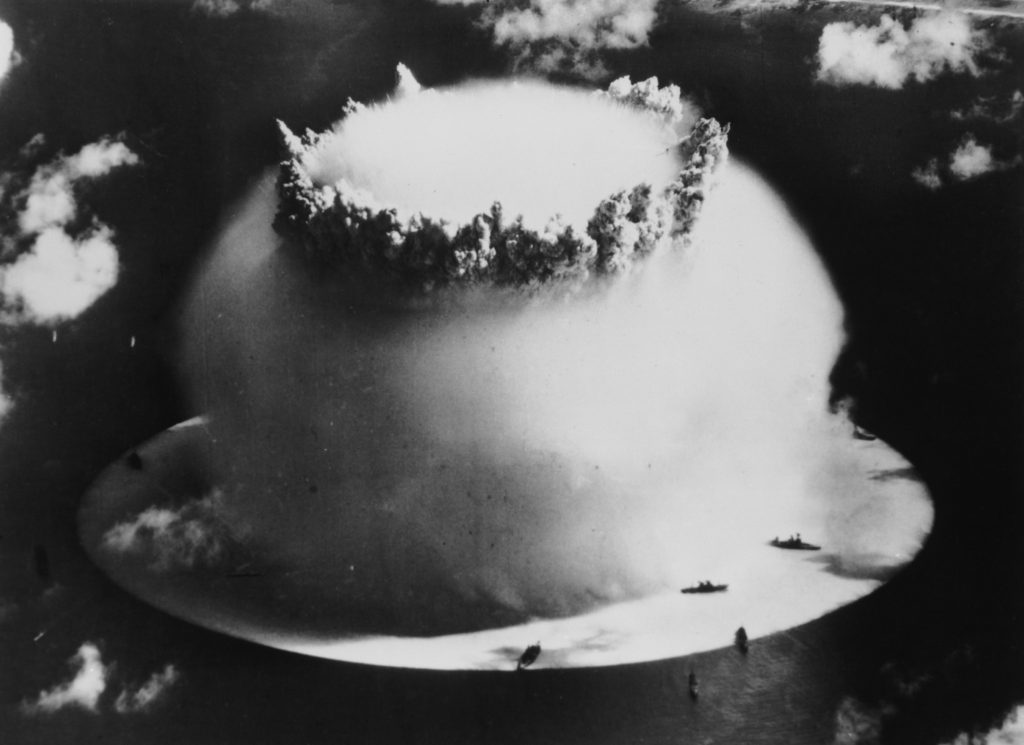
European officials floated plans to write off billions of dollars of Soviet debt in return for nuclear disarmament, according to newly-released government files.
In early December 1991 the Soviet Union was broke and facing imminent disintegration – prompting fears in Western capitals for the security of its massive nuclear arsenal.
Against that backdrop, the president of the European Bank for Reconstruction and Development Jacques Attali privately set out plans for a “debt-nuclear swap” in a bid to stop the weapons falling into the wrong hands.
Files released by the National Archives at Kew show that on December 11, he wrote to prime minister John Major informing him that he had asked one of the bank’s top experts to begin working up a scheme.
Under the proposal, an international fund would be established to purchase the bulk of the Soviet Union’s 60 billion dollars in foreign debt in return for the “rights” to Soviet nuclear technology and the dismantling of its estimated 25,000 nuclear arms.
Despite the costs, Mr Attali said it still represented only a fraction of the sums Western powers were spending every year on defence.
“The price of world peace might only amount to some 1% of the combined defence budgets of the G7,” he wrote.
“In the present situation it seems to me that no idea should be discounted in the effort to overcome the difficulties.”
However, with events moving rapidly in Moscow, the plan seems to have generated little interest in Downing Street.
On December 23, Mr Major spoke by telephone with an emotional president Mikhail Gorbachev who admitted the Soviet Union was on the point of collapse and may soon no longer exist.
Mr Gorbachev, whose position had been fatally undermined by a coup attempt by hardline communists earlier in the year, sought to reassure the prime minister that the nuclear arsenal remained under “strict control”.
Mr Major, in turn, spoke of the “enormous affection and respect” for Mr Gorbachev and his wife, Raisa, in Britain adding that his own wife, Norma, was with him and “sent her love” – triggering a final outpouring from the president.
According to the note of the conversation, he said Mrs Major was “a great human being and because of that the prime minister was a great human being too”.
He went on: “Dear John, I and Raisa have developed an affection for you and Norma. I am allowing myself to be sentimental in saying it but at this time I can allow myself to be sentimental.
“In our family we still remember what Norma said during your visit to Moscow on your way to China – her reaction and her tears. Thank you for all of that.”
Two days later Mr Gorbachev finally announced his resignation, to be followed by a declaration from the supreme soviet that the Soviet Union had ceased to exist as a functioning state and was no more.